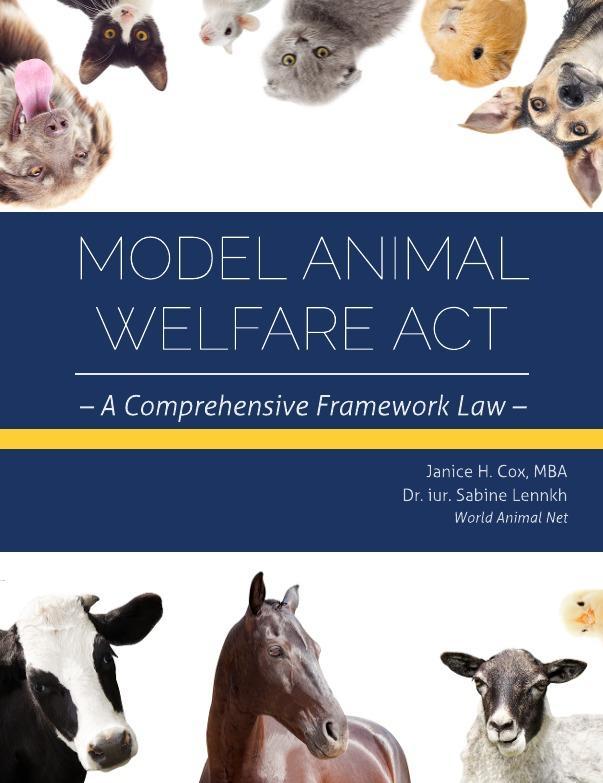III. Updating from a 'Prevention of Cruelty to Animals' Act

'Prevention of Cruelty to Animals' Acts Are Outdated and Inadequate
Some countries do not yet have any animal welfare legislation. Many others, particularly ‘developing’ countries, only have traditional ‘Animal Protection’ or basic ‘Prevention of Cruelty to Animals’ Acts. Some of these were introduced by former colonial powers, and often have not been revised since. These are now outdated and inadequate in terms of legal content, as well as ethical perspective. Although they provide basic protection against certain kinds of cruelty, mistreatment and (occasionally) neglect, they do not include an extensive legal set of principles or guidelines to safeguard animals from suffering and exploitation. They often do not include any prohibitions on the use of animals (for any purpose – no matter how harmful), no ‘duty to care’ for animals, nor any proactive provisions to develop an ‘ethic of care’. In short, they are a narrow safety net designed to catch a limited range of specific acts of cruelty against animals (and often only a limited number of species of animals are covered). Furthermore, many sanctions can be deficient and penalties outdated, making even this safety net ineffective.
The Need for a More Comprehensive Approach to Animal Welfare Legislation
Over the years since these basic anti-cruelty laws were passed, a plethora of enhancements have changed the landscape of animal welfare legislation worldwide, sometimes in quite substantial ways. These have included not only a number of updated criteria concerning the ethical and moral foundations of animal welfare provisions and a very different perspective of the animal’s position in society and in our lives; but also significant developments in animal welfare science and international policy. Within society, we have seen the progressive development of the sense of responsibility and willingness of populations to show compassion and care towards animals. These changes at various levels – individual, societal, ethical, scientific and political – have found expression in new laws providing a more considered, forward-looking, and comprehensive approach to animal welfare.
Even a summary comparison between these basic traditional ‘Animal Protection’ or ‘Prevention of Cruelty to Animals’ Acts, and some of the more modern and progressive animal welfare laws (for example, those of Austria, Germany, Croatia, New Zealand, Norway, Tanzania and the UK, to name just a few) illuminates the short-comings of the former. These inadequate and outdated laws simply fail to provide either a ‘duty to care’ governing human conduct or justice for our fellow animals.
There are other sound reasons, beyond changing values and international obligations, why countries with outdated animal protection or anti-cruelty laws are now seeking to replace these with modern, comprehensive animal welfare legislation. These include: international reputation, economic interests (e.g. to meet changing consumer and trade requirements), health (meeting human and animal health requirements), and protecting the country’s fauna heritage (from exploitation and damage).




